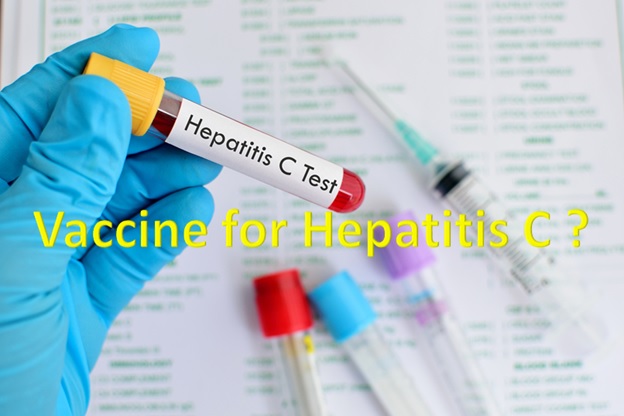
Hepatitis C Facts
Hepatitis C virus (HCV) is mostly transmitted through exposure to infective blood.
- Hepatitis C is a liver disease caused by the hepatitis C virus: the virus can cause both acute and chronic hepatitis, ranging in severity from a mild illness lasting a few weeks to a serious, lifelong illness.
- The hepatitis C virus is a blood borne virus and the most common modes of infection are through exposure to small quantities of blood. This may happen through injection drug use, unsafe injection practices, unsafe health care, and the transfusion of unscreened blood and blood products.
- Globally, an estimated 71 million people have chronic hepatitis C infection.
- A significant number of those who are chronically infected will develop cirrhosis or liver cancer.
- Approximately 399 000 people die each year from hepatitis C, mostly from cirrhosis and hepatocellular carcinoma.
- Antiviral medicines can cure more than 95% of persons with hepatitis C infection, thereby reducing the risk of death from liver cancer and cirrhosis, but access to diagnosis and treatment is low.
- There is currently no vaccine for hepatitis C; however research in this area is ongoing.
* This may happen through transfusions of HCV-contaminated blood and blood products, contaminated injections during medical procedures, and through injection drug use. Sexual transmission is also possible, but is much less common. There is no vaccine for HCV.
Image credit:
Hepatitis C virus (HCV) is mostly transmitted through exposure to infective blood.
Hepatitis C is a liver disease caused by the hepatitis C virus: the virus can cause both acute and chronic hepatitis, ranging in severity from a mild illness lasting a few weeks to a serious, lifelong illness.
The hepatitis C virus is a blood borne virus and the most common modes of infection are through exposure to small quantities of blood. This may happen through injection drug use, unsafe injection practices, unsafe health care, and the transfusion of unscreened blood and blood products.
Globally, an estimated 71 million people have chronic hepatitis C infection.
A significant number of those who are chronically infected will develop cirrhosis or liver cancer.
Approximately 399 000 people die each year from hepatitis C, mostly from cirrhosis and hepatocellular carcinoma.
Antiviral medicines can cure more than 95% of persons with hepatitis C infection, thereby reducing the risk of death from liver cancer and cirrhosis, but access to diagnosis and treatment is low.
There is currently no vaccine for hepatitis C; however research in this area is ongoing.
* This may happen through transfusions of HCV-contaminated blood and blood products, contaminated injections during medical procedures, and through injection drug use. Sexual transmission is also possible, but is much less common. There is no vaccine for HCV.
Image credit: https://in.pinterest.com/pin/186336503319382703/
Author: Sumana Rao | Posted on: May 4, 2022
« How To Boost Your Bone Health According To Your Age Group? Hepatitis B Facts »




















Write a comment